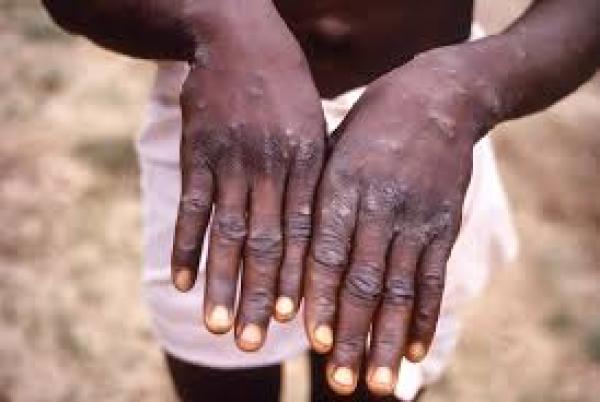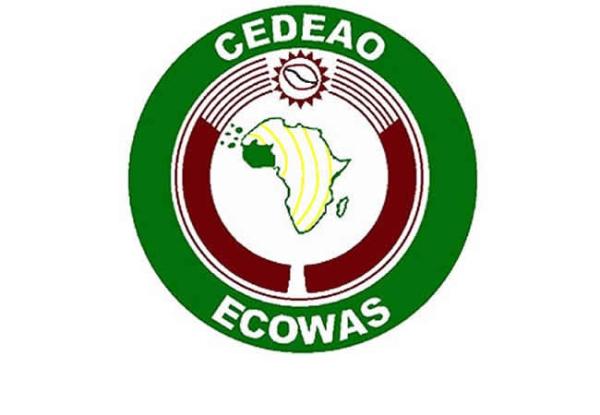
In its desperate bid to contain the spread of Mpox in the country, the federal government has directed states to set up their various emergency preparedness and response teams, capabilities, and action plans with the support of the Nigerian Centre for Disease Control (NCDC).
This comes as the number of confirmed cases has risen to 40 out of the 830 suspected cases recorded so far.
Worried over the rising cases of the disease, the United States government has disclosed plans to send doses of Mpox vaccines to Nigeria to help contain the fast-spreading disease.
The Director General of the NCDC, Dr Jide Idris, speaking Friday at the Joint NCDC/WHO national mpox briefing with stakeholders and partners meeting in Abuja, said the NCDC has already met with state governors and their various health commissioners on the need for the centres.
“Looking at the number of cases we have in the country, which is about 40, quite a number of them are in about 12 or 13 states. A number of the cases are in the South-South and Southeast, some in Lagos, Ogun, and up north, and looking at the distribution, our plans now are to target those states so that we can reduce the number of cases through active surveillance to detect more cases.”
“We have to beef up our laboratory services, all the cases we have seen so far were confirmed using genomic sequencing in two labs, National Research Lab in Abuja and the Lagos Lab. But because of the spread of what’s happening, we need to increase the number of laboratories we’re going to use to test. So we are including LUTH and the African Centre for Genomics (ACG).
“More importantly, we need to increase all the laboratory capabilities, especially in the south-south and southeast areas. We also know that in our network, quite a number of laboratories have the capacity to do PCR, but they may not be able to test for Mpox. So we need to beef up those capabilities, either by training them or by supplying them with the necessary reagents and consumables. We’ve identified a number of laboratories that are looking into that,” he said.
He hinted that the NCDC was enhancing its public awareness drive so that people could know what was expected of them to be safe.
He said, “The spread is based on contact with infected animals or infected humans. So once you can reduce or stop that contact, the transmission can easily be done. Although there are some cases, especially those caused by clade 1B, of sexual transmission, some are also airborne. And that’s why, again, people, that’s the essence of this public enlightenment, public awareness, which we need to intensify.”
He said there were challenges of reporting confirmed cases from states due largely to stigma associated with the disease.
Hear him: “There are some challenges we have; we were addressing them in terms of data collection, for instance. We know that there are three states where we have not reported anything. Like we did for cholera, we are sending people out. States may not report these cases because of stigma issues, or we consider them not visible to them. Like we did for cholera, we are sending people out. We hope to get more cases; the objective is to reduce the number of cases, but we need to intensify active search. All the cases we have here are the clade 2B type, the less serious type, but we also have to be on the alert for clade 1B”.
Speaking at the event that drew a large number of stakeholders in the nation’s health sector, the Country Representative of the WHO, Dr Walter Mulombo, acknowledged the huge demand for mpox vaccine in the country, but regretted that the number of vaccines available was not enough.
According to him, the capacity of the current manufacturer cannot meet the global demand unless some kind of intervention is there.
He tasked Nigeria with increasing the number of laboratories to boost case detection in the country.
He said, “We showed that the epicentre for this new emergency of international concern is in Central Africa and neighbouring countries. It’s triggered by the appearance of the new gladiator. It’s an opportunity. So, it’s ringing the bell on the need to remain vigilant and continue to monitor the microbes in nature causing the disease.
“So, we were able to show the picture in Africa and also outside Africa, where we have already observed cases in Europe and now in Asia. And of course, Nigeria is not high-risk; it’s moderate-risk, but we need to continue to remain vigilant because we’ve reported cases as far as Europe or Asia, and Nigeria is not safe until all countries are safe, he added”.






















